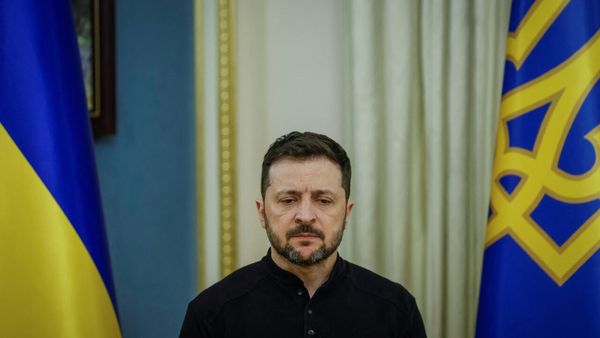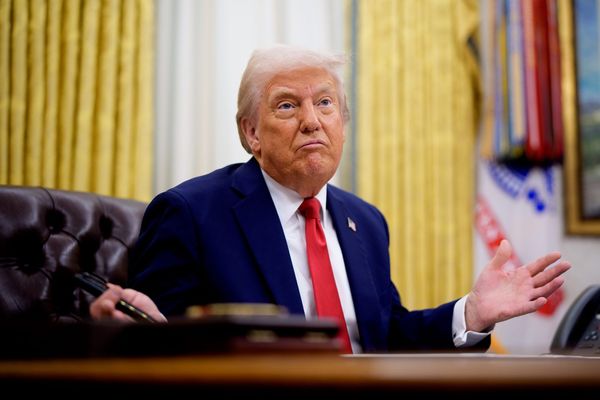Peter Dutton has met Israeli Prime Minister Benjamin Netanyahu and other top figures in a three-day visit to Israel this week that has further underlined the unravelling of bipartisanship towards that country.
The opposition leader spent an hour with Netanyahu, alongside National Security Advisor Tzachi Hanegbi and Minister of Strategic Affairs Ron Dermer.
He also met Israeli President Isaac Herzog and Foreign Minister Israel Katz, as well as visiting the area of the October 7 massacre by Hamas.
As tensions in the Middle East significantly escalate this week, the government is stepping up its efforts to get Australian citizens and residents to leave Lebanon.
Foreign Minister Penny Wong has written to Lebanese community leaders in Australia asking for their “assistance in conveying an important message to members of the Lebanese-Australian community about the security situation in Lebanon”.
“I have grave concerns for the welfare of Australians and their families in Lebanon,” she wrote.
On Thursday, Prime Minister Anthony Albanese warned: “There is a risk that the Beirut airport might not be open for commercial flights and given the numbers of people that are there, there is no guarantee that we can just guarantee that people will be able to come home through other means if that airport is shut.
"We say to people, listen to the warnings which are there.”
This week Israel killed Hezbollah’s top military commander, Fuad Shukr, in Beirut, in retaliation for a rocket attack that killed 12 children in the Golan Heights.
Israel is also facing the threat of a potential strike from Iran after the assassination this week of Hamas leader Ismail Haniyeh while he was in Tehran.
Dutton’s trip was paid for by the Australia/Israel & Jewish Affairs Council, which has been a staunch defender of Israel and condemned Australia’s vote in the UN General Assembly in May to support a Palestinian bid for full membership in the United Nations.
Dutton said that in his discussion with Netanyahu, “I sent a very clear message on behalf of the Coalition that should we win the next election, we look forward to the relationship becoming stronger and making sure that we can build off the platform of previous prime ministers, where the relationship has been close and has been strong and to our mutual benefit”.
“Israel has provided intelligence to Australia over a period of time, which has resulted in the lives of Australian diggers being saved in the Middle East. I think it’s a relationship that we need to rebuild, that we need to restore, and that we need to respect,” Dutton told Sky.
“From day one in government, we will make sure we prioritise the rebuilding of this relationship because it’s in Australia’s long-term interests.”
The opposition has repeatedly criticised Albanese for not visiting Israel in the wake of the October 7 massacre. Wong visited Israel on a trip to the region in January.
More generally, the gulf between Labor and the Coalition has increasingly widened over recent months. The opposition has thrown its weight completely behind Israel, while the government has been critical of its unrelenting attacks on Gaza and the dire humanitarian consequences of those.
The opposition has also accused the government of failing to respond adequately to rising antisemitism in Australia, criticism totally rejected by the government, which recently appointed an envoy to combat antisemitism.
In domestic political terms, Dutton’s trip will cement his support among Australia’s Jewish community. Labor finds itself caught: strong feelings among the pro-Palestinian community in Australia are putting the government under pressure especially in areas of western Sydney, with accusations it has not gone far enough to support the Palestinian cause.
Michelle Grattan does not work for, consult, own shares in or receive funding from any company or organisation that would benefit from this article, and has disclosed no relevant affiliations beyond their academic appointment.
This article was originally published on The Conversation. Read the original article.







